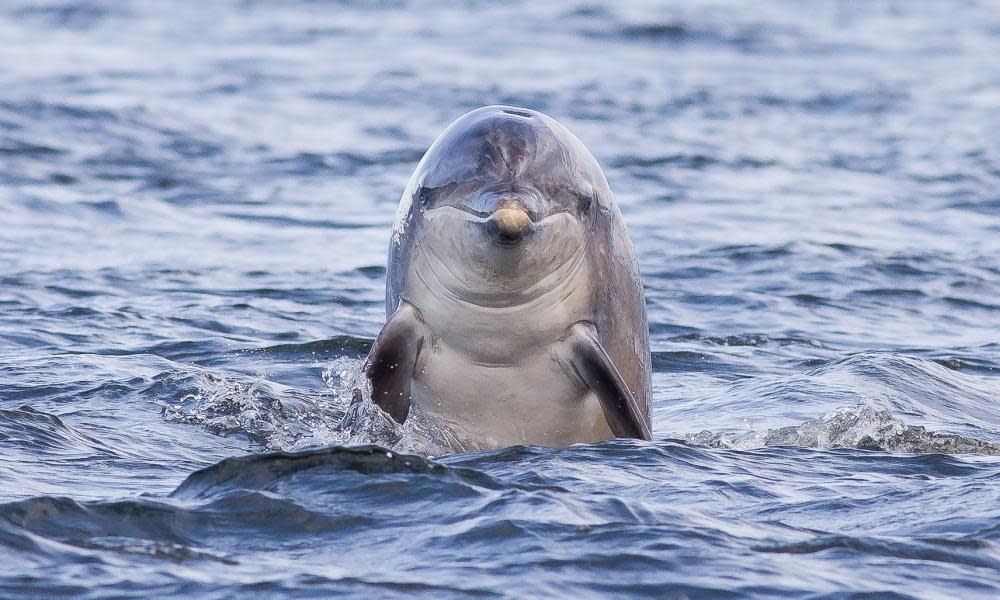Protection for dolphins and seabirds ‘weaker under Brexit plans’

Protection for dolphins and seabirds will be weaker under government plans for Brexit than if Britain stayed in the EU, according to a new analysis by environmental groups.
Under the EU’s Seabird Plan of Action, the fishing industry is obliged to eliminate “bycatch”, where boats accidentally catch seabirds, dolphins and other species. Under laws set out in environment secretary Michael Gove’s white paper on fisheries, they would need only to implement “practical and effective risk-based mitigation”.
An analysis by Greener UK, which represents 13 major organisations including the RSPB and WWF, welcomed ministers’ commitments to sustainable fishing and a pledge to consider fish stocks as a public asset. But it said the details in the white paper fell short of the government’s ambitions.
More than 300,000 whales, dolphins, porpoises and other cetaceans and 300,000 birds die worldwide every year by getting trapped in fishing nets. UK fishing fleets are among the best at avoiding bycatch, which may put them at a competitive disadvantage against those from other member states which do not take the rules as seriously.
“We are still not doing enough to monitor, understand and mitigate bycatch adequately, and thousands of marine mammals die in UK waters each year,” said Sarah Dolman, policy manager at Whale and Dolphin Conservation. “Most other member states do not even implement the existing requirements so, as well as improving our own bycatch measures, we have the opportunity to ensure compliance of other nations who fish in UK waters in future. This would also offer UK fishermen a level playing field.”
The industry wants more control over which fleets enter UK waters, but that should not mean giving up protections for overfished species, said Lyndsey Dodds, head of marine policy at WWF. Giving fishermen additional quota rarely helps to protect overfished species and will do little to end fish discards. For all its criticism, the common fisheries policy (CPF) was starting to address this problem and move trends in the right direction.
“There are some positive proposals in the white paper to protect the marine environment, such as UK recovery plans for depleted stocks, but the government could have required remote monitoring of boats across the fleet.
“If ministers want to create sustainable fisheries post-Brexit, they need to put a clear commitment to healthier marine ecosystems in legislation, and work closely with our European neighbours to set sustainable levels of catch and negotiate market access.”
Euan Dunn, the RSPB’s principal marine adviser, said: “The UK was one of the most progressive voices behind the commendable conservation gains made in the last CFP reform. But in key aspects the CFP still lags behind international best practice in pursuing an ecosystem approach. The Fisheries Bill must clear the bar set by the CFP and go higher if it truly aspires to be a global trailblazer for sustainable fisheries.”

 Yahoo News
Yahoo News 
